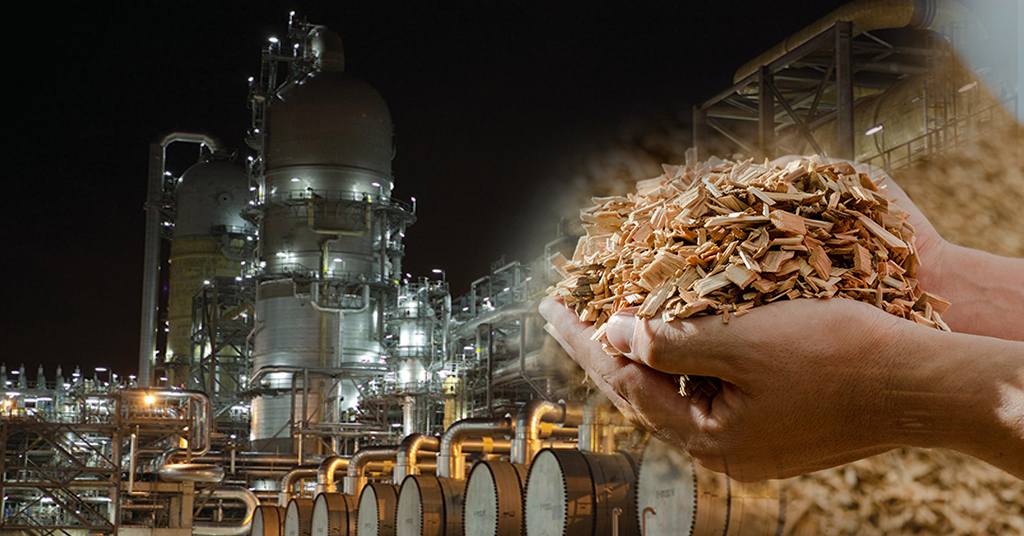Welcome To ChemAnalyst

The Oak Ridge National Laboratory (ORNL) and Caterpillar Inc. have initiated a collaborative effort through a cooperative research and development agreement (CRADA) to delve into the realm of marine methanol-fueled four-stroke engines. This strategic collaboration aims to explore the potential of methanol as a viable fuel for a wide spectrum of vessels, diverging from the prevalent focus on its use in large, two-stroke powered oceangoing vessels.
While methanol has gained prominence as a fuel for marine transport, particularly in vessels with two-stroke engines, this partnership seeks to expand its applicability to four-stroke engines, opening doors for its adoption across diverse vessel types. The marine industry, as classified by ORNL, is considered a challenging sector for electrification, and methanol emerges as an appealing alternative to diesel due to its capacity to reduce carbon emissions, nitrogen oxides, and sulfur oxides. Additionally, its relatively high energy density facilitates easier storage on marine vessels compared to gaseous fuels, enabling seamless integration into existing engine designs and operations.
Despite its advantages, methanol presents challenges, particularly in ignition compared to diesel. Under the CRADA terms, researchers from ORNL will collaborate with Caterpillar over the coming years to identify, develop, and test hardware configurations and operational strategies necessary to optimize methanol use in engines retrofitted for this purpose.
The research will specifically focus on a Caterpillar in-line six-cylinder marine four-stroke engine that has been modified for methanol use. This engine is installed at the Department of Energy's (DOE) National Transportation Research Center at ORNL. The endeavor will also explore the possibility of designing new methanol-fueled four-stroke engines and investigate various combustion strategies, including dual-fuel, dimethyl ether reforming, and spark-ignited prechambers. Caterpillar's contribution includes providing additional materials and research expertise to enhance engine performance, efficiency, and durability while concurrently reducing greenhouse gas (GHG) and other emissions.
Jim Szybist, the section head for propulsion science at ORNL, expressed enthusiasm about the collaboration, stating, “We look forward to working with Caterpillar to develop near-term combustion strategies that can be retrofitted on existing engines to realize immediate reductions in carbon emissions. We also will develop long-term combustion strategies for new engine technologies that achieve 100% displacement of diesel fuel with methanol. The research we conduct over the next few years will be a significant contributor to decarbonization efforts globally.”
The project aligns with the focus of the U.S. Department of Energy's Vehicle Technologies Office on reducing GHG emissions from off-road vehicles, including marine vessels. These sectors pose unique challenges in decarbonization, surpassing the complexities faced in on-road, light-duty transportation applications, necessitating innovative and tailored solutions.
We use cookies to deliver the best possible experience on our website. To learn more, visit our Privacy Policy. By continuing to use this site or by closing this box, you consent to our use of cookies. More info.
